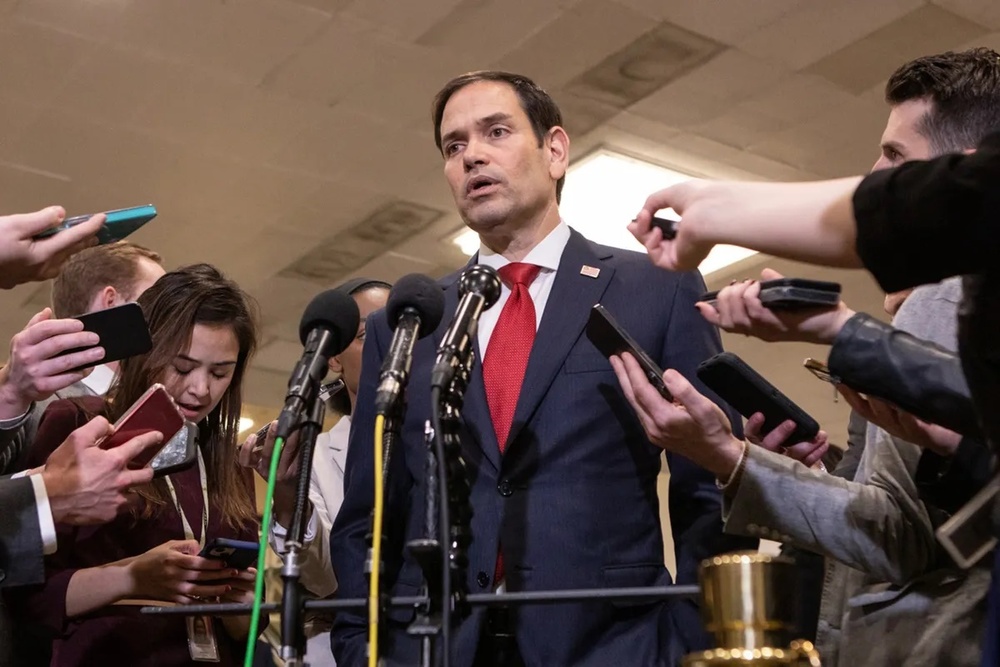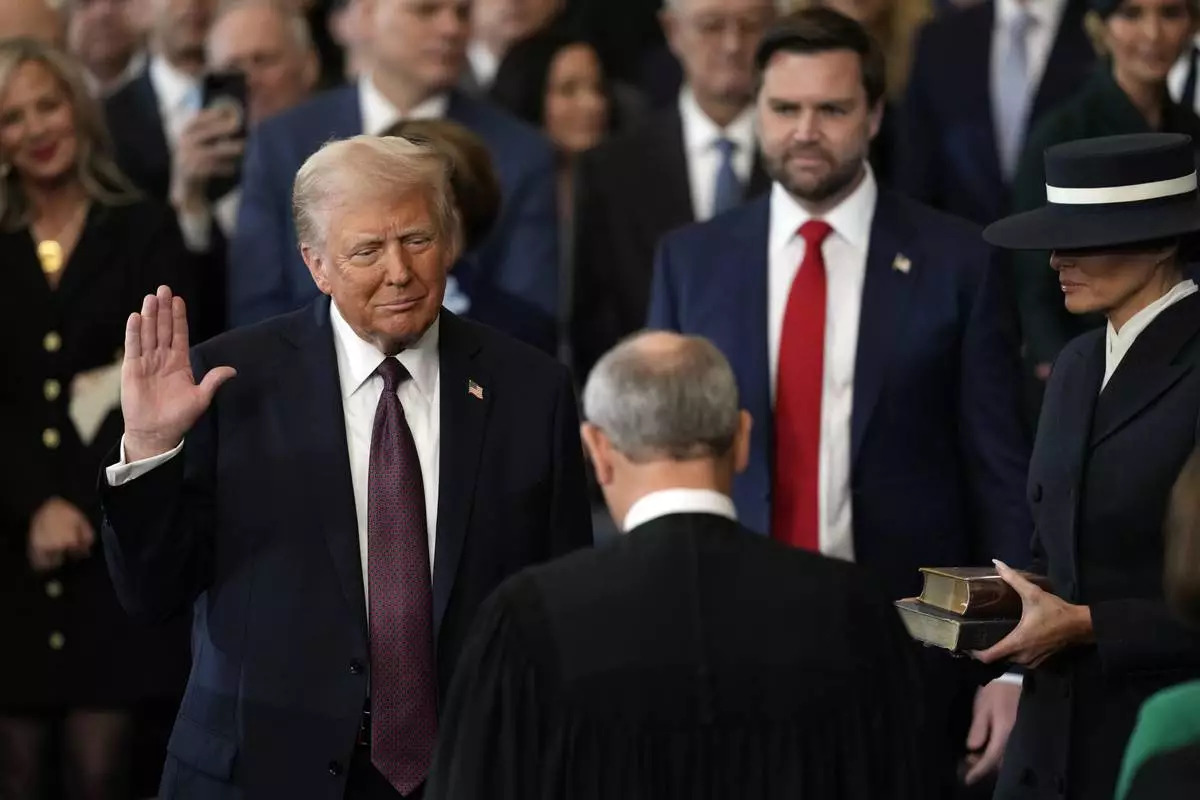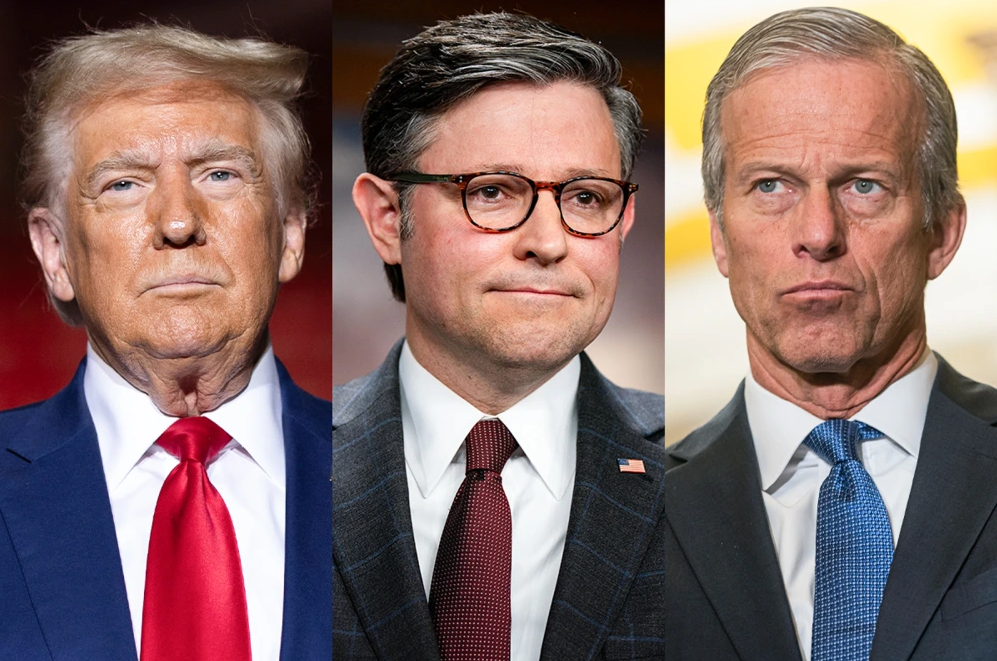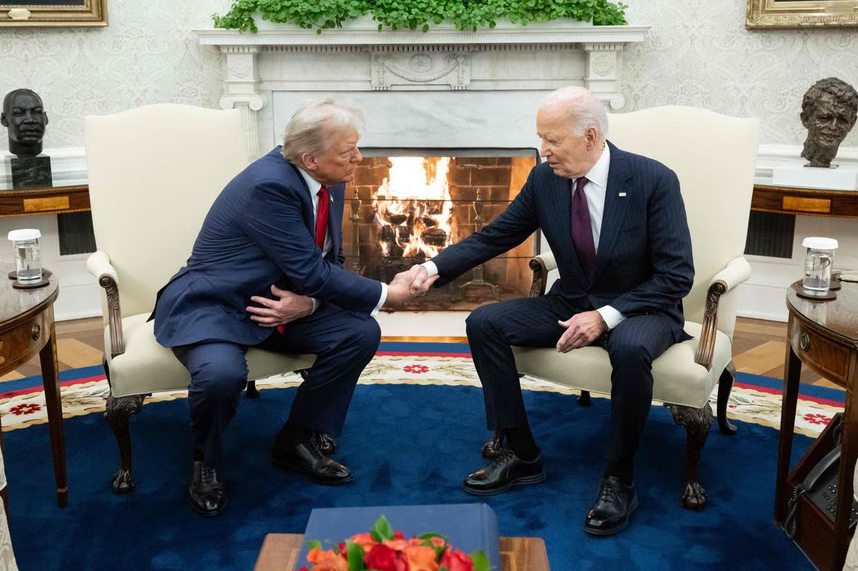
Mallie Prytherch, Researcher at Centre on Contemporary China and the World, University of Hong Kong
Feb 07, 2025
Secretary of State Marco Rubio recently stated that multipolarity is not only the preference, but the norm in the Trump administration—a dramatic shift in U.S. foreign policy. But unlike China’s globally engaged model, Rubio’s approach prioritizes U.S. interests, reflecting a more transactional and less globally engaged stance.
Fu Suixin, Assistant Researcher at Institute of American Studies, Chinese Academy of Social Sciences
Jan 28, 2025
Declaring that he had been preserved by God to save the world, starting with the United States, Trump made no secret of his admiration America’s authoritarian past — including President William McKinley, who served from 1897 until his assassination in 1901. McKinley, like Trump, embraced muscular tariffs and protectionist policies. Will an iron fist work in the world today? We’ll have to wait and see.
Richard Javad Heydarian, Professorial Chairholder in Geopolitics, Polytechnic University of the Philippines
Jan 27, 2025
A second Trump presidency could disrupt Asia with aggressive tariffs, stricter immigration policies, and heightened geopolitical tensions. While some leaders express cautious optimism, the region faces mounting pressure to align with U.S. interests amid fears of economic fallout, strained alliances, and potential conflicts in key areas like the South China Sea and Taiwan Strait.

An Gang, Adjunct Fellow, Center for International Security and Strategy, Tsinghua University
Jan 17, 2025
For Trump and his supporters, the time has come for a domestic conservative revolution to merge with a global movement, with the ultimate goal of totally transforming the political landscape of the West. But while the crises Trump sparks may be unpredictable, they are not necessarily uncontrollable.
Debasish Roy Chowdhury, Author
Jan 15, 2025
Weeks before his return to the White House, US President-elect Donald Trump issued a pointed warning to the BRICS countries. “Go find another sucker,&rdqu

Li Yan, Director of President's Office, China Institutes of Contemporary International Relations
Jan 10, 2025
A resurgence of right-wing populism will feature prominently in Trump 2.0. And the rise of “effective accelerationism” espoused by tech elites will interact with it, ushering in more uncertainty. How these factors interact will likely determine the U.S. growth trajectory in the years ahead.

Fan Gaoyue, Guest Professor at Sichuan University, Former Chief Specialist at PLA Academy of Military Science
Jan 10, 2025
The most prominent characteristic of the incoming U.S. president is uncertainty. China, especially, must drop all illusions and prepare to compete so that it can sit tight in the fishing boat and steer it to safety. The wind and waves are likely to rise under a more experienced — and possibly less restrained — American chief executive.
Warwick Powell, Adjunct Professor at Queensland University of Technology, Senior Fellow at Beijing Taihe Institute
Jan 07, 2025
The incoming U.S. president must move quickly to avoid being ensnared in the Ukraine debacle, with Russia winning the ground war. For Trump to get a prompt, positive reaction from Vladimir Putin, he needs to throw Europe under the bus and move on. Otherwise, the ultimate defeat won’t just be NATO’s. It will also be Trump’s.
Joseph S. Nye, Professor, Harvard University
Dec 27, 2024
Prediction is always difficult, but doubly so in the case of the US president-elect. Donald Trump not only speaks loosely and changes his positions often; he al
Chen Jimin, Guest Researcher, Center for Peace and Development Studies, China Association for International Friendly Contact
Dec 24, 2024
Despite his unpredictability, Donald Trump seems committed to the current strategic trajectory. But China has gained a deeper understanding and accumulated significant experience. It will likely approach America’s Indo-Pacific Strategy with greater confidence and composure in Trump’s second term.
Back to Top

- China-US Focus builds trust and understanding between the U.S. and China through open dialogue among thought leaders.
- Our Offerings
- Topics
- Videos
- Podcasts
- Columnists
- Research Reports
- Focus Digest
- Stay Connected
-
Thanks for signing up!
- Get the latest stories from China-US Focus weekly.